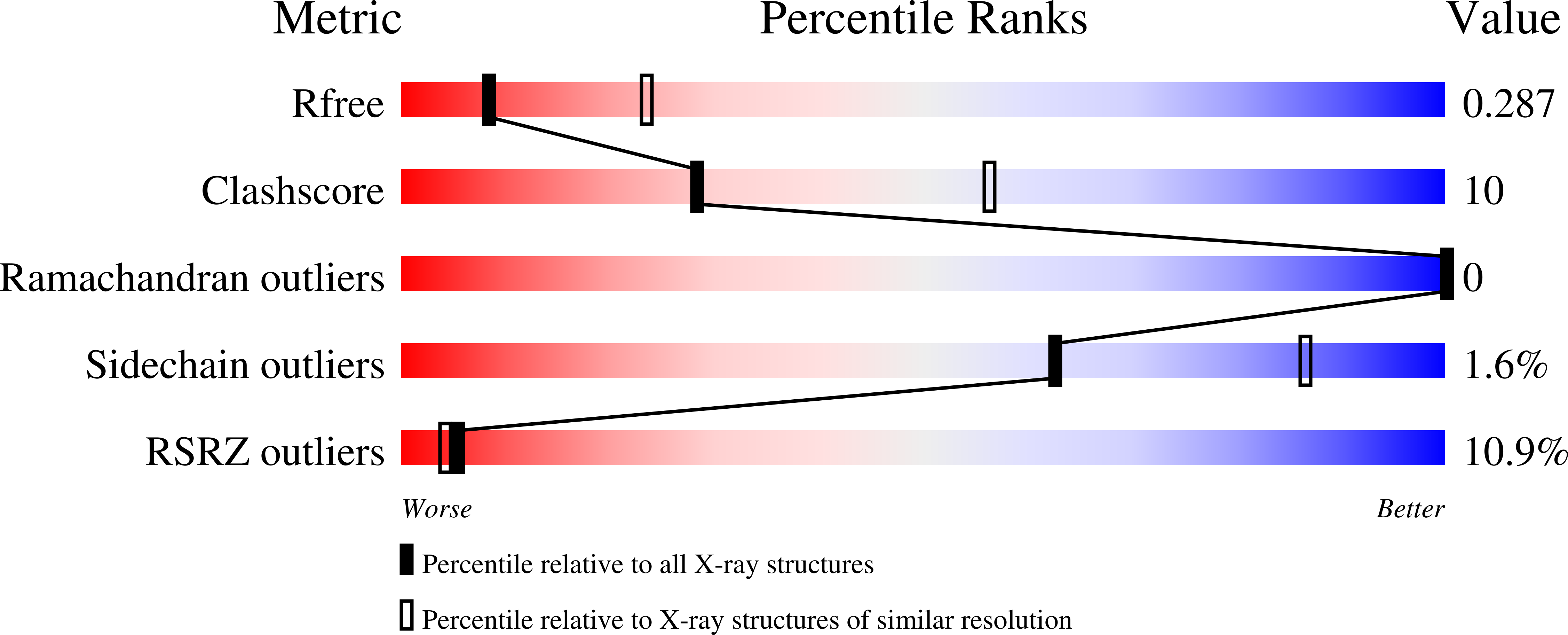
Deposition Date
2021-06-25
Release Date
2022-06-29
Last Version Date
2024-10-23
Entry Detail
PDB ID:
7R80
Keywords:
Title:
Crystal structure of C3 TCR complex with QW9-bound HLA-B*5301
Biological Source:
Source Organism(s):
Homo sapiens (Taxon ID: 9606)
HIV-1 06TG.HT008 (Taxon ID: 587638)
HIV-1 06TG.HT008 (Taxon ID: 587638)
Expression System(s):
Method Details:
Experimental Method:
Resolution:
2.90 Å
R-Value Free:
0.28
R-Value Work:
0.23
R-Value Observed:
0.23
Space Group:
P 21 21 21


